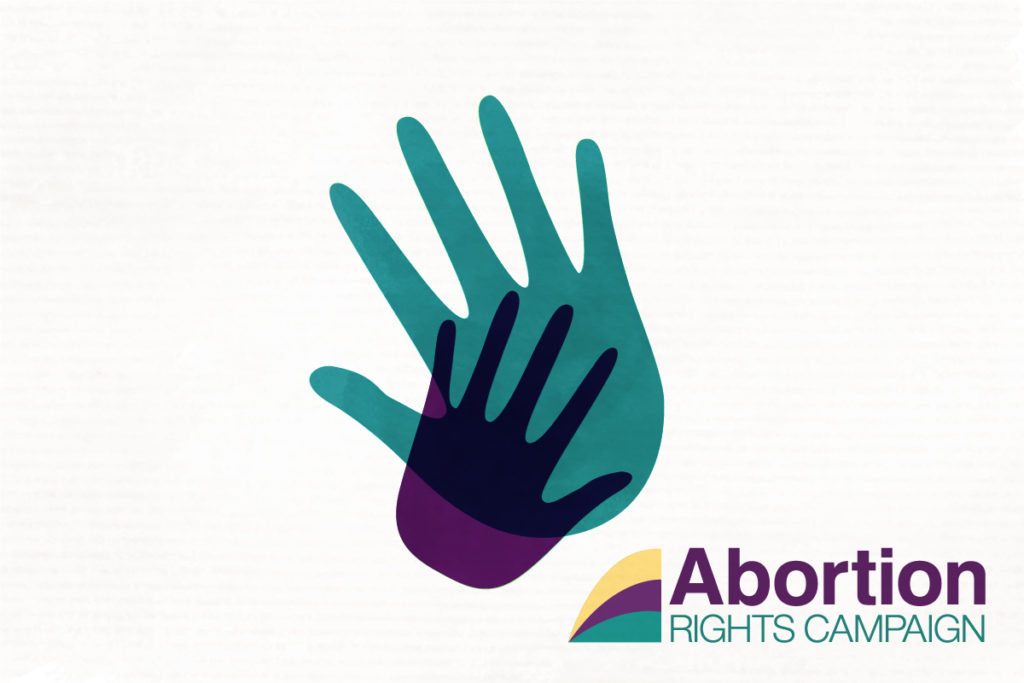
We all deserve timely, local healthcare. After we repeal the 8th we will need to ensure that the law does not contain obstacles to our healthcare. The prospect of doctors refusing to provide abortion care has cropped up recently in government statements and letters to the editor. Often referred to by the more technical term “conscientious objection,” refusal to provide care is a serious concern as we consider practical access to abortion once the 8th Amendment is repealed. In this instalment of our “Let’s Talk About” series, we discuss care being refused on grounds of conscience and our thoughts on how the government should ensure access to quality care for all Irish residents.
What does refusal mean?
The World Health Organisation has identified refusal to provide care on grounds of conscience as a barrier to safe abortion. Refusal is often an unregulated practice that results in women having later abortions or unsafe abortions and risks preventable tragedies. In Italy, for example, abortion has been legal for decades, but approximately 70% of medical professionals refuse to provide abortion care on grounds of conscience, leaving whole sections of the country without access to the care they need.
Why do medical professionals refuse care?
Some refusals stem from a lack of resources – where doctors are not supported in providing care many will opt to practise other types of medicine. Other doctors are employed by healthcare institutions with a policy against abortion care which do not allow their staff to provide this care. Still other doctors feel genuine personal moral opposition.
A commonly-cited reason for refusal is fear of stigma and ostracisation from peers and members of the community who do not approve. A culture of stigma and lack of support can negatively affect those who do provide abortion care, as they become overworked and resources are stretched even further.
What impact could refusal have on Irish abortion care?
If medical professionals refuse care on grounds of conscience, this will mean that, for many women, significant practical barriers to abortion care will replace the current legal barriers. This will particularly affect those who face the greatest challenges, such as people impacted by domestic and sexual violence, people with disabilities, young people, and those who are unemployed or have lower incomes, live in rural areas, or are members of migrant and Traveler communities.
We can already see the effects that permitting refusal of care has in Ireland. A woman in Cork was recently denied access to emergency contraception after a pharmacist accused her of lying about being raped. She later had to travel to England to access the healthcare she should have received at home.
Similarly, a woman whose life is at risk can be denied an abortion she is legally entitled to if a healthcare provider objects. Under current law, it is up to the woman to appeal the decision. She must submit a written request and be subjected to intrusive examinations by multiple additional physicians. As psychiatrist Professor Veronica O’Keane explained to the Joint Oireachtas Committee, “The delays have been unacceptable. There have been delays of up to two weeks where each day is a nightmare for the woman.” For those who are suicidal, “[t]he repetitive intrusion into a patient’s extremely private crisis is counter to good sensitive practice.”
How can we ensure sufficient abortion care is provided?
ARC believes it is essential for the State to ensure that there are sufficient providers to safely meet the needs of Irish residents in every area of the country, supported by sensible guidelines and regulation.
The Irish Medical Council’s current Guide to Professional Conduct and Ethics states that when doctors refuse to provide medical care, they have a responsibility to explain it to the patient and refer them on to other practitioners who can and will care for them.
It is essential that the government closely monitor refusal of care and prioritise the following:
- A robust mechanism to ensure that Irish residents who are refused abortion care are promptly referred to medical professionals who are willing and able to provide care, at no additional cost, delay or other burden to the patient.
- An obligation on every public healthcare institution to provide care, regardless of its tradition or ethos.
- No right to refuse care in emergencies, and provision of resources to ensure emergency care is provided around-the-clock.
- Active, consistent destigmatisation of, and education on, abortion and abortion care provision for all healthcare workers.
- Support – financial, professional, institutional – from government to all healthcare providers to help ensure abortion care is provided consistently.
- Special attention to ensuring access in rural Ireland.
- Department of Health audits and oversight of medical professionals, hospitals and other stakeholders to monitor the system.
It’s time for us all to start thinking about the kind of abortion care we want after the 8th Amendment is gone. For too long, discriminatory factors such as financial status and ability to travel have determined whether or not people can access abortion care. It is time for this to stop. The State has a responsibility to ensure timely access to safe, local abortion care. There must be clear mechanisms to actively refer patients to practitioners who can meet their needs. We want abortion care provision which follows best practice clinical guidelines. We want a system that is fair and responsive to the needs of all pregnant people. Repealing the 8th gives Ireland the opportunity to achieve this, as part of a modern, compassionate healthcare service.

